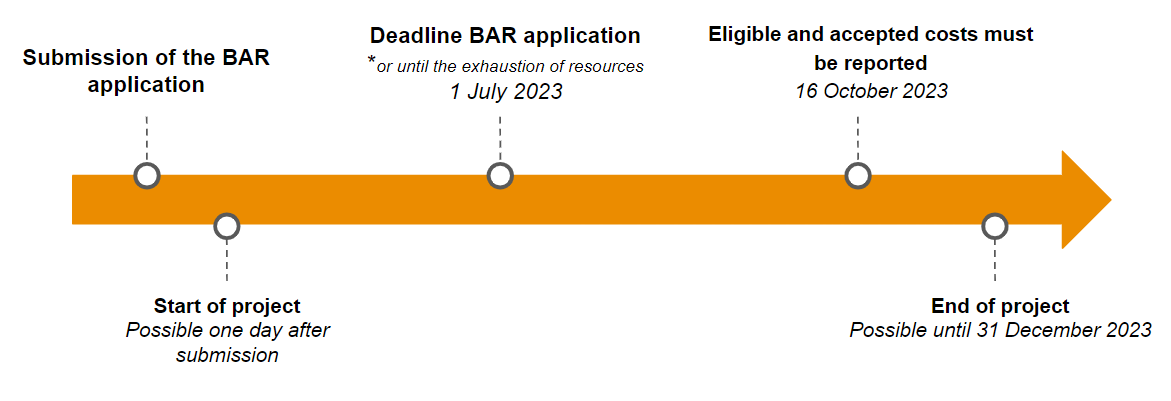The decision by the United Kingdom to leave the European Union has had a significant impact on the economic, social and territorial cohesion of the Union. Largely because of the numerous obstacles this break-up presented to the trade in goods and services that were associated with the European Economic Area and its single market. To mitigate these adverse effects of Brexit, the EU has devised a financial support mechanism for European businesses that have suffered from the Brexit fall-out, namely the Brexit Adjustment Reserve or BAR.
Economic fall-out of Brexit
With Brexit, several issues including customs formalities, visas, work permits, transport and logistics problems, etc. arose. Consequently, it created higher (production) costs, numerous losses in jobs, significant sales cuts and taxes levied both in the EU and the UK itself. Due to its proximity and interesting trade relations with the UK, the Flemish region is one of the most impacted regions in Europe, together with Ireland, the Netherlands and France. As a result, many organisations had to adapt quickly to the new (market) situation and safeguard their competitiveness on the EU single market. For many organisations, this sudden change came with sizable and unforeseen costs, thereby destabilising their organisation financially. With the BAR programme, affected organisations can receive financial support from the EU.
BAR in Flanders
To ensure affected companies, organisations and government entities remain financially healthy and competitive, the Flemish government is closely working together with the EU to roll-out and implement the BAR programme. In principle, organisations from any sector are eligible if they can clearly demonstrate the negative impact of Brexit on their organisation. Importantly, companies and organisations must also be able to demonstrate that they had a (trade) relationship with the UK previous to Brexit. The European Commission uses 31 January 2020 as an official reference date of Brexit.
The BAR supports projects where there is a direct link to the negative impact of Brexit that can clearly be demonstrated, and which comply with state aid rules (such as double funding regulations). Examples of such projects include – but are not limited to:
- the development of new logistics chains,
- the adjustment of supply chain operating costs for border and customs facilities,
- (re)training of staff
- applications for new international certificates.
Projects involving relocation, VAT costs or organisations benefiting from Brexit are not eligible in this context.
Benefit and timing
The BAR can grant a maximum of 80% to 100% of the accepted submitted costs, depending on the type of organisation and considering state aid regulations. The eligible costs include wages, investments, operating costs, overhead, etc. depending on the specific project budget. The actual grant amount for a project is thus determined on the basis of the accepted project budget and the available government resources left for the project call. After initial submission of the project proposal via Vlaio, there will be a preliminary discussion to assess the project scope and eligibility, after which the final application can be submitted.
BAR applications can be submitted until 1 July 2023 or until the available funds are depleted. The project may start from the day after submission of the BAR application form until December 31st 2023. All eligible and accepted costs must be reported by 16 October 2023.

Do you want to find out more about the Brexit Adjustment Reserve, or do you want to find out if your company might be eligible for support through this mechanism? Do not hesitate to reach out to Bart Wyns (bart.wyns@pwc.com) or Tom Wallyn (tom.wallyn@pwc.com) from the PwC Incentives Hub, or your usual PwC contact. We are happy to support you every step of the way!
